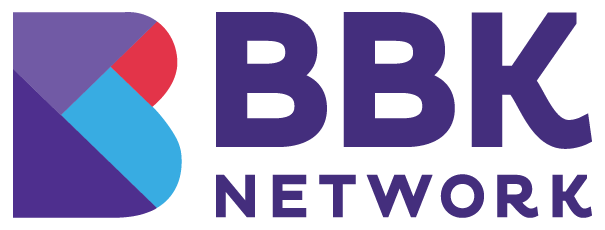Blog
Free and Open Source Software (FOSS) are software programs that combine two components: Free Software and Open-Source Software.
The term “free” does not necessarily refer to the monetary value of the software, rather the freedom of the users. Free Software means the program is available for people or organizations to run for any purpose, commercial or personal, without needing permission from the developer. Users are free to view and modify the software’s code, as well as redistribute the software to help others either with or without modifications.
Open Source Software is quite similar to Free Software and was created as a result of the collaboration dynamic that it promotes. Like Free Software, Open Source allows for the code to be publicly available for users to view, modify, and distribute. The main difference is that it focuses on the practicality of the program and how it can be improved through modifications, rather than the freedom of the users.
When you combine Free and Open Source Software, you get software that is available for users to use for any purpose of their liking, and the code is shared publicly to encourage the improvement of the software. FOSS is unlike proprietary software, in which the software is copyrighted and its distribution and modifications are prohibited. Some commonly known FOSS programs include Linux, Mozilla, Google Chrome, Python, and OpenOffice.
Additionally, FOSS can play a useful role in education. In today’s digital age, many schools use computers and laptops as teaching tools, and there are a wide variety of relevant programs that teachers can utilize. Kids that are interested in programming can even study the source code itself. For example, one of the subjects BBK Network offers kids is programming. FOSS gives kids a deeper insight into the functions of the programming software and how it can be useful in their future careers.
Although FOSS isn’t always free of charge, it is much more affordable in the long-run for schools, as licensing fees drive up the cost of proprietary software significantly. FOSS can be bought, then copies of the software can be perpetually distributed without any additional costs and easily installed on every computer in a school. This also means that the software can be distributed for kids to use at home at no extra cost. This prevents kids from lower income families and less-fortunate communities from being put at a disadvantage in this area, while also promoting fairness and equal opportunities for all students.
FOSS teaches kids an important lesson about values and ethics. The software is freely shared with the intention of improvement through collaboration. It shows kids the importance of working together for the greater good, while also acting as a motive for creativity and innovation.
Author: Hillary Lee
